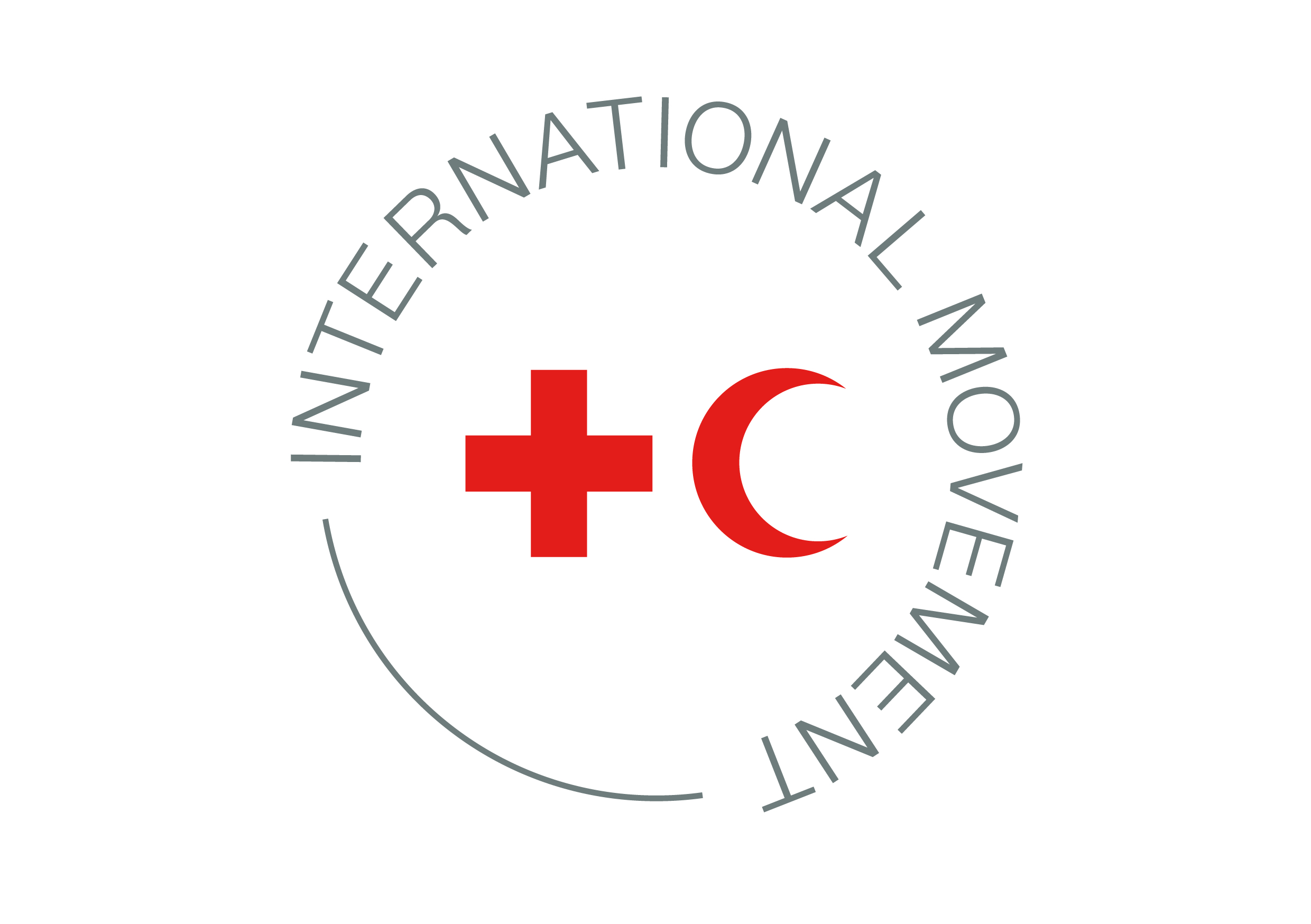Actions taken:
Action plan:
According to their respective mandates, the EU and its Member States and the joining EU National Red Cross Societies will:
- support training on relevant norms and rules of IHL on the protection of civilians, the provision of healthcare and humanitarian access, as well as on the rights and responsibilities of humanitarian and healthcare personnel, including on common ethical principles of healthcare in conflict;
- review national legislation, policies and procedures relevant to the provision of humanitarian assistance and medical care in armed conflict with a view to ensuring strict compliance with international law and medical ethics, and a degree of protection that matches the highest standards observed in international practice, as well as to encourage the undertaking of such reviews by third States;
- support awareness-raising and trust-building activities to ensure respect for principled humanitarian action;
- support relevant States and non-state actors in implementing or reinforcing context-specific measures to enhance the physical safety of humanitarian workers and volunteers as well as medical personnel;
- support initiatives, that contribute to developing a more systematic and comprehensive collection and analysis of data on attacks against medical workers and infrastructure. This could include building on existing initiatives and facilitating cooperation between different actors, with the aim of developing lessons learned and formulating concrete context-specific and actionable recommendations to better address and prevent such attacks, thus enhancing the security of medical workers and humanitarian personnel engaged in medical duties in armed conflict.
Actions taken:
We have:
- Continuously through lectures by our legal advisers as well as voluntary international law informants disseminated of IHL rules on the protection of humanitarian and medical personnel, including targeted lecture towards medical and health care student;
- Published a yearbook on IHL with the specific theme of health care to disseminate IHL rule that protect medical personnel;
- Together with the Government of Sweden, the Swedish Red Cross supported the ICRC to carry out an extensive study with input from more than 15 state armed forces and international organizations with a military component on their current doctrine and practice;
- Continuous dialogue with Swedish health care authorities (Socialstyrelsen) in the building up of the Swedish Total Defence ensuring understanding of relevant IHL rules and that these rules are correctly implemented;
- Raised awareness of the importance of facilitating principled humanitarian action and on the protection of medical care, including through providing feedback on new legislation on the criminalisation of participation in a terrorist organization.
Implementation completion:
Yes
The International Committee of the Red Cross, the International Federation of Red Cross and Red Crescent Societies, and the Standing Commission of the Red Cross and Red Crescent, in its function as Trustee of the International Conference of the Red Cross and Red Crescent (the Conference), cannot be held responsible or liable in any manner for any user-generated content or posts on this Database. In the event that the Website team considers any post or content to be incompatible with the Fundamental Principles of the International Red Cross and Red Crescent Movement and/or with the objectives of the Conference, it reserves the right to remove such content.

